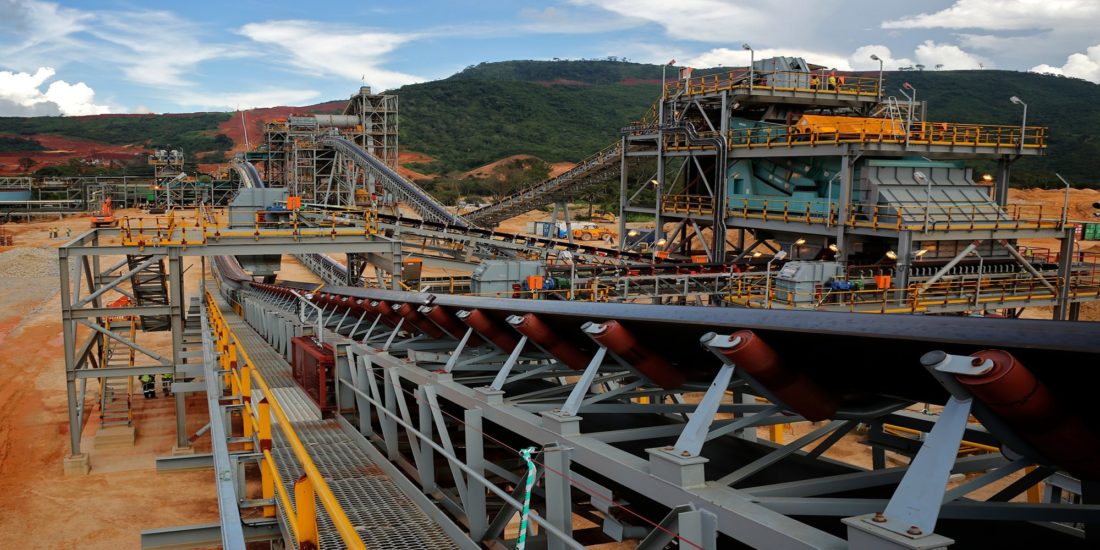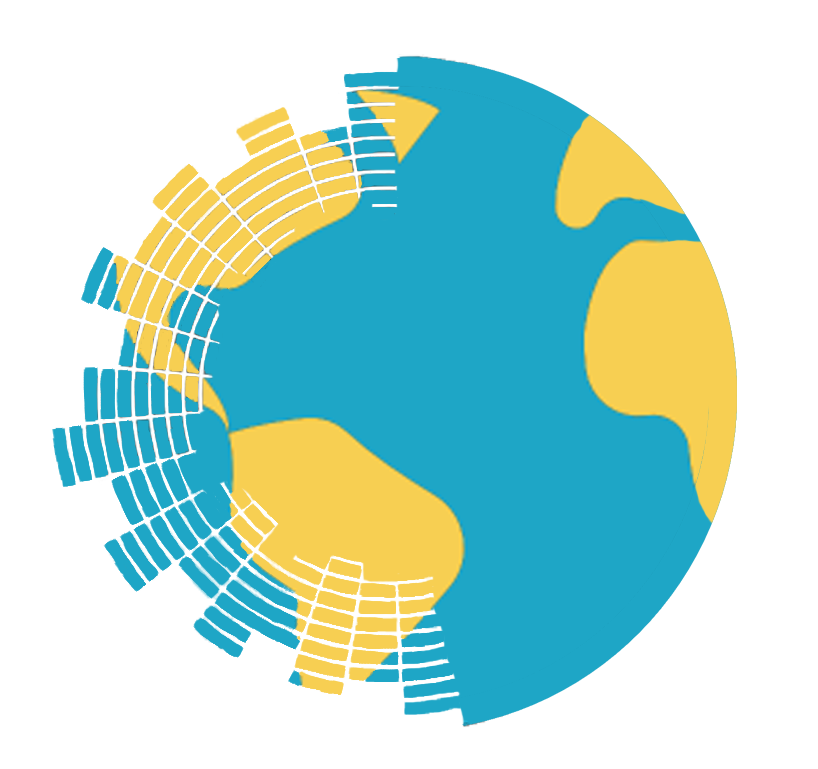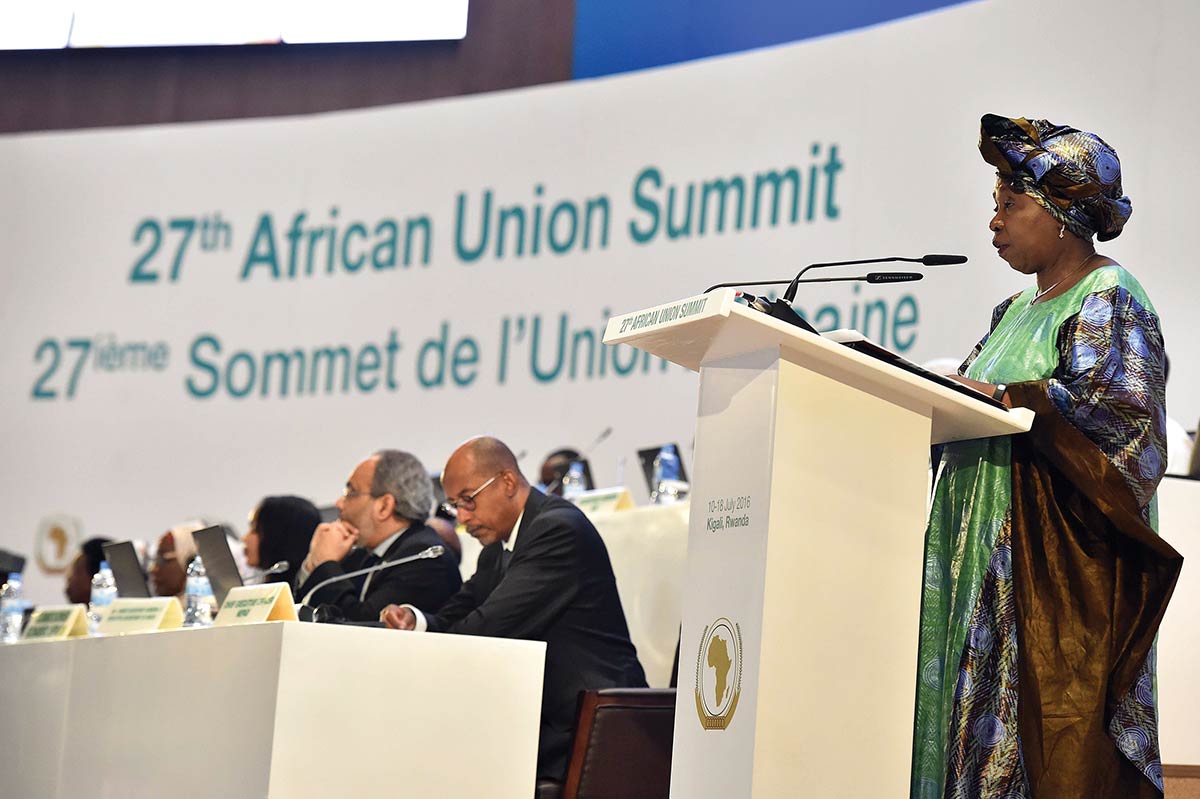When you think about Africa, what comes to mind? Rich natural resources, diverse cultures, and unfortunately, a history of conflict. But today, we're diving deep into a groundbreaking initiative where African nations are using their mineral wealth to secure lasting peace. It's not just about mining—it's about building a brighter future. African Nation Deals Minerals for Peace is more than a policy; it's a lifeline for millions.
This isn't just another news headline or a diplomatic agreement. This is real-life progress that could change the continent forever. Imagine a world where diamonds, gold, and other precious minerals are no longer tools for warlords but instead become instruments of peace. That's exactly what some African leaders are working towards. It’s an inspiring story that deserves attention from everyone who cares about global stability.
So, why should you care? Because this deal isn't just about Africa—it's about us. The minerals extracted from these nations power our smartphones, laptops, and even electric cars. If we can ensure that these resources are used ethically and sustainably, it benefits everyone involved. Let's explore how African nations are turning their resource wealth into opportunities for peace and development.
Read also:What Ethnicity Is Jack Black Unveiling The Multifaceted Background Of The Legendary Comedian
Understanding the Deal: African Nation Deals Minerals for Peace
Let's break it down. What exactly does "African Nation Deals Minerals for Peace" mean? In simple terms, it’s an agreement where African countries commit to using their mineral wealth responsibly in exchange for international support and investments aimed at fostering peace. This deal goes beyond economics; it’s about creating sustainable systems that prevent conflicts and promote prosperity.
Here’s the kicker: many conflicts in Africa have been fueled by the exploitation of natural resources. Rebel groups and corrupt regimes have long used mining operations to fund wars. But now, there’s a shift. Nations like Congo, Sierra Leone, and Liberia are leading the charge by implementing policies that prioritize transparency, accountability, and community welfare.
Now, let’s talk numbers. According to the World Bank, Africa holds over 30% of the world’s mineral reserves. That’s massive! But historically, this wealth hasn’t translated into better lives for its people. With this new deal, there’s hope that the narrative will change. By linking mineral trade with peacebuilding efforts, these nations are setting a powerful precedent.
Why Minerals Are Key to Peace
Think about it. Minerals are like the lifeblood of modern economies. They’re essential for manufacturing everything from electronics to construction materials. For African nations, these resources represent both an opportunity and a challenge. On one hand, they offer immense economic potential. On the other, they’ve often been the root cause of conflict.
Take coltan, for instance. This obscure mineral is crucial for making capacitors found in almost every electronic device. In the Democratic Republic of Congo, coltan mining has been linked to decades of violence. But with the right regulations and partnerships, this same mineral could drive economic growth and stability.
And then there’s gold. It’s not just a symbol of wealth; it’s also a major player in illegal trade networks that fund insurgent groups. By regulating gold exports and ensuring they benefit local communities, African nations can disrupt these harmful cycles and create lasting peace.
Read also:Billie Eilish Hot Ai The Fusion Of Music Art And Technology
Historical Context: The Role of Minerals in African Conflicts
To truly understand the significance of African Nation Deals Minerals for Peace, we need to look at the past. For decades, mineral resources have been at the center of conflicts across the continent. From blood diamonds in Sierra Leone to oil wars in Nigeria, the story is tragically familiar.
Let’s go back to the 1990s. During this time, the term "blood diamonds" entered the global lexicon. These were diamonds mined in war zones and sold to finance armed conflicts. The devastating impact was felt by millions of innocent civilians who suffered displacement, violence, and poverty.
Fast forward to today, and while progress has been made, challenges remain. The Extractive Industries Transparency Initiative (EITI) reports that despite improvements in transparency, corruption and mismanagement still plague the mining sector in many African countries. This is why the current deal is so crucial—it seeks to address these systemic issues head-on.
Key Players in the Peace Deal
So, who’s making this happen? Several African nations are at the forefront of this initiative. Here are some of the key players:
- Democratic Republic of Congo: Known as the “mineral kingdom,” DRC is home to vast deposits of cobalt, copper, and gold. Their participation in the deal is critical for global supply chains.
- Sierra Leone: After the horrors of its civil war, Sierra Leone is now focused on rebuilding through responsible diamond mining.
- Liberia: With rich iron ore deposits, Liberia is leveraging its resources to foster economic recovery and social harmony.
These nations aren’t doing it alone. International organizations, NGOs, and private companies are also playing vital roles. Together, they’re crafting a framework that ensures minerals are extracted and traded in ways that benefit local populations and contribute to regional stability.
How the Deal Works: A Step-by-Step Guide
Alright, let’s get into the nitty-gritty. How exactly does this deal work? It’s a multi-step process designed to ensure accountability and effectiveness. Here’s a breakdown:
Step 1: Transparency Agreements
African nations sign agreements committing to full transparency in their mining operations. This includes disclosing production levels, export figures, and revenue streams. Independent monitors are brought in to verify compliance.
Step 2: Community Engagement
Local communities must be involved in decision-making processes. This ensures that mining activities don’t harm the environment or displace residents. Instead, they create jobs and improve living standards.
Step 3: International Partnerships
Governments and companies from around the world partner with African nations to invest in infrastructure, education, and healthcare. These investments are tied to the responsible use of mineral resources.
It’s not just about money; it’s about building trust and cooperation. By working together, these partners aim to create a model for sustainable development that can be replicated elsewhere.
Challenges and Opportunities
No initiative this ambitious comes without challenges. One of the biggest hurdles is corruption. Even with the best intentions, corrupt officials and business leaders can undermine the deal. That’s why strong enforcement mechanisms are essential.
Another challenge is ensuring that all stakeholders—governments, companies, and communities—are aligned in their goals. Miscommunication or conflicting interests can derail progress. However, these challenges also present opportunities for innovation and collaboration.
For example, blockchain technology is being explored as a way to track mineral supply chains more effectively. This could revolutionize how we verify the origins of resources and ensure they’re ethically sourced.
Overcoming Corruption: Lessons from Rwanda
Rwanda offers a compelling case study in overcoming corruption. After the 1994 genocide, the country faced enormous challenges. Yet, under strong leadership, they implemented reforms that prioritized transparency and accountability. Today, Rwanda is one of the least corrupt nations in Africa.
Could similar reforms work elsewhere? Absolutely. But it requires political will, public support, and international cooperation. The African Nation Deals Minerals for Peace initiative provides a platform for these reforms to take root.
Impact on Global Markets
What does this deal mean for global markets? Simply put, it’s a game-changer. Responsible sourcing of minerals is becoming increasingly important for consumers and businesses alike. Companies are under pressure to prove that their products are made with ethically sourced materials.
This shift is driven by growing awareness of environmental and social issues. Consumers want to know that their purchases aren’t contributing to conflict or exploitation. By participating in the peace deal, African nations are positioning themselves as leaders in ethical mining.
And let’s not forget the economic benefits. Stable, transparent markets attract more investment. This, in turn, boosts production and creates jobs. It’s a win-win for everyone involved.
Case Study: Tesla’s Partnership with DRC
Tesla’s recent partnership with the Democratic Republic of Congo highlights the potential of this deal. The electric car giant is sourcing cobalt from DRC to power its batteries. But they’re doing it responsibly, ensuring that their supply chain meets the highest ethical standards.
This partnership sets a benchmark for other companies. It shows that it’s possible to balance profitability with social responsibility. As more businesses follow suit, the demand for ethically sourced minerals will only increase.
Environmental Considerations
Mining, by its nature, can have devastating environmental impacts. Deforestation, water pollution, and soil degradation are just a few of the risks associated with extractive industries. That’s why environmental considerations are a key part of the peace deal.
African nations are adopting sustainable mining practices that minimize ecological damage. They’re investing in technology and training to make mining operations cleaner and more efficient. Some are even exploring alternative energy sources to power mining activities.
But it’s not just about mitigating harm; it’s about creating positive environmental outcomes. For example, reforestation projects are being implemented in areas affected by mining. These initiatives help restore ecosystems and provide new habitats for wildlife.
The Role of Renewable Energy
Renewable energy plays a crucial role in this effort. Solar and wind power are being used to reduce the carbon footprint of mining operations. Not only does this benefit the environment, but it also lowers operational costs for mining companies.
As the world moves toward a greener future, African nations have the opportunity to lead the charge. By integrating renewable energy into their mining strategies, they can position themselves as pioneers in sustainable development.
Humanitarian Benefits
At its core, the African Nation Deals Minerals for Peace initiative is about improving people’s lives. It’s about giving hope to communities that have suffered for too long. Let’s take a look at some of the humanitarian benefits:
- Job Creation: Responsible mining creates employment opportunities for local residents.
- Improved Infrastructure: Investments in roads, schools, and hospitals benefit entire communities.
- Education and Training: Programs aimed at educating workers and promoting skill development.
These benefits extend beyond the mining sector. They create a ripple effect that improves the overall quality of life. Families have access to better healthcare, children can attend school, and communities become more resilient.
Stories of Hope: Personal Testimonials
Let’s hear from the people on the ground. Stories of hope and transformation are emerging from these initiatives. Take John, a former miner in Sierra Leone. Thanks to the peace deal, he’s now working as a technician at a diamond processing plant. His income has doubled, and he’s able to send his kids to school.
Or consider Maria, a community leader in Congo. She’s spearheading a program that teaches women how to operate heavy machinery. This not only empowers them financially but also challenges traditional gender roles.
These stories remind us of the power of collective action. When we work together, we can achieve remarkable things.
Future Prospects and Global Implications
Looking ahead, the future looks bright for African Nation Deals Minerals for Peace. As more nations join the initiative, its impact will grow exponentially. But what does this mean for the rest of the world?
For starters, it sets a precedent for responsible resource management. Other regions facing similar challenges can learn from Africa’s experiences. It also strengthens global supply chains by ensuring that minerals are sourced ethically and sustainably.
Moreover, it reinforces the importance of collaboration. In an increasingly interconnected world, no nation can succeed in isolation. By working together, we can tackle complex issues like conflict, poverty, and environmental degradation.
What Can You Do?
So, what can you do to support this initiative? Start by educating yourself about the origins of the products you buy. Look for certifications that guarantee ethical sourcing. Support companies that prioritize sustainability and social responsibility.
You can also advocate for policies that promote transparency and accountability in the mining industry. Write to your representatives, sign petitions, and spread awareness. Every action counts when it comes to creating a better world.
Conclusion: A Call to Action
We’ve covered a lot of ground today. From understanding the African Nation Deals Minerals for Peace to exploring its challenges and opportunities, we’ve seen how this initiative is transforming lives and landscapes. It’s a powerful reminder that peace and prosperity are possible when we harness our resources responsibly.
But the work doesn’t stop here. It’s up to all of us—governments, businesses, and individuals—to ensure that this deal succeeds. By supporting ethical mining practices and advocating for transparency, we can make a real difference.
So, what’s next? Leave a comment below and let us know your thoughts. Share this article with your friends and family. Together, we can amplify the message of peace and progress. Because when Africa thrives, the whole world benefits.
Table of Contents


